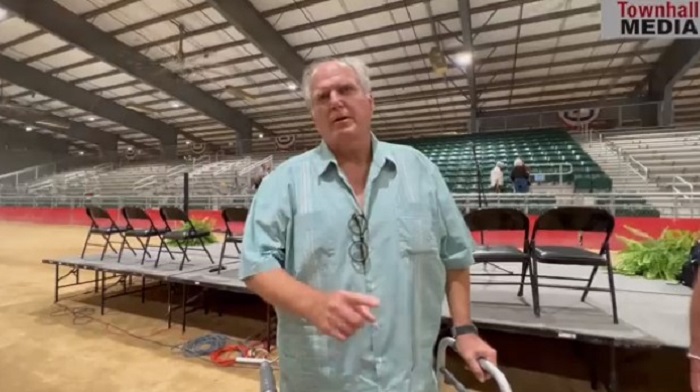The investments of 125 billionaires cause 393 million tonnes of carbon dioxide emissions each year according to a report published by global poverty charity Oxfam.
Florian Gaertner / Contributor / Getty Images
The investments of 125 billionaires produce 393 million metric tonnes of carbon dioxide emissions every year, according to a report by Oxfam.
That’s the equivalent CO2 output to the whole of France and makes the average billionaire’s annual emissions a million times higher than a person in the poorest 90% of the world’s population, the global poverty charity says.
The billionaires included in the study have a collective $2.4 trillion stake in 183 companies, which averages out at 3 million metric tonnes of carbon dioxide emitted per billionaire, per year. People outside the world’s wealthiest 10% emit an average of 2.76 metric tonnes of carbon dioxide annually.
The report by Oxfam analyzed how 125 of the world’s richest people had invested their money and looked at the carbon emissions of those investments.
The study found that around 14% of the billionaires’ investments were in “polluting industries,” such as non-renewable energy and materials such as cement, while the average investor has half that amount invested in those sectors.
Danny Sriskandarajah, chief executive of Oxfam GB, called for world leaders at the COP27 climate summit to “expose and change the role that big corporates and their rich investors are playing in profiting from the pollution that is driving the climate crisis.”
“The role of the super-rich in super-charging climate change is rarely discussed,” Sriskandarajah said in the report’s press release, “[t]his has to change. These billionaire investors at the top of the corporate pyramid have huge responsibility for driving climate breakdown. They have escaped accountability for too long.”
The COP27 summit, which formally opened on Sunday, sees delegates from nearly 200 countries gather in Egypt’s Red Sea resort town of Sharm el-Sheikh for talks on how to address the climate crisis.
Among the divisive issues to be discussed is the question of climate justice and getting wealthy countries to deliver on reparations.
— CNBC’s Sam Meredith contributed to this report



























































